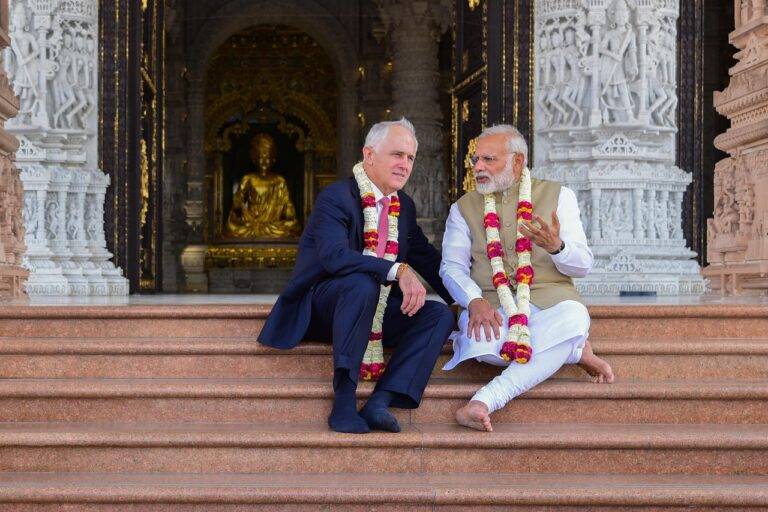Examining the Impact of Election Finance Laws on Campaign Spending
Election finance laws have deep roots in the United States, dating back to the early 20th century. The Tillman Act of 1907 was the first federal statute to prohibit corporate contributions to federal campaigns, a response to concerns about the corrupting influence of corporate money in political elections. Subsequent legislation, such as the Federal Election Campaign Act of 1971 and the Bipartisan Campaign Reform Act of 2002, aimed to regulate campaign finance further, with a focus on increasing transparency and limiting the influence of money in politics.
Over the years, the landscape of election finance laws has evolved to address new challenges and loopholes in campaign finance regulation. The landmark Supreme Court cases, such as Buckley v. Valeo in 1976 and Citizens United v. FEC in 2010, have significantly impacted the enforcement and interpretation of these laws. The continuous struggle to balance the freedom of speech with the need for fair and transparent elections has led to ongoing debates and reforms in the realm of election finance.
Key Components of Election Finance Laws
One fundamental aspect of election finance laws is transparency. Transparency requires candidates, political parties, and other groups involved in election campaigns to disclose their sources of funding and how those funds are being spent. By making these financial activities publicly available, transparency aims to increase accountability and prevent corruption in the electoral process.
Another crucial component of election finance laws is the regulation of contribution limits. Contribution limits put a cap on the amount of money that individuals, organizations, and political action committees (PACs) can donate to candidates and campaigns. These limits are designed to prevent wealthy donors from having undue influence on the outcome of elections and to promote a level playing field for all candidates running for office.
The Influence of Interest Groups on Campaign Spending
Interest groups play a significant role in shaping campaign spending during elections. These organizations, representing diverse interests ranging from healthcare to the environment, have the ability to mobilize financial resources to support candidates and political parties that align with their agendas. Through fundraising efforts and independent expenditures, interest groups can exert considerable influence on the outcome of elections.
The financial contributions made by interest groups can significantly impact the visibility and reach of political campaigns. By providing financial backing to candidates, interest groups can help finance advertising, outreach efforts, and other campaign activities that are essential for a candidate’s success. This financial support can sway voter opinions, shape public discourse, and ultimately influence election outcomes.





